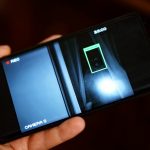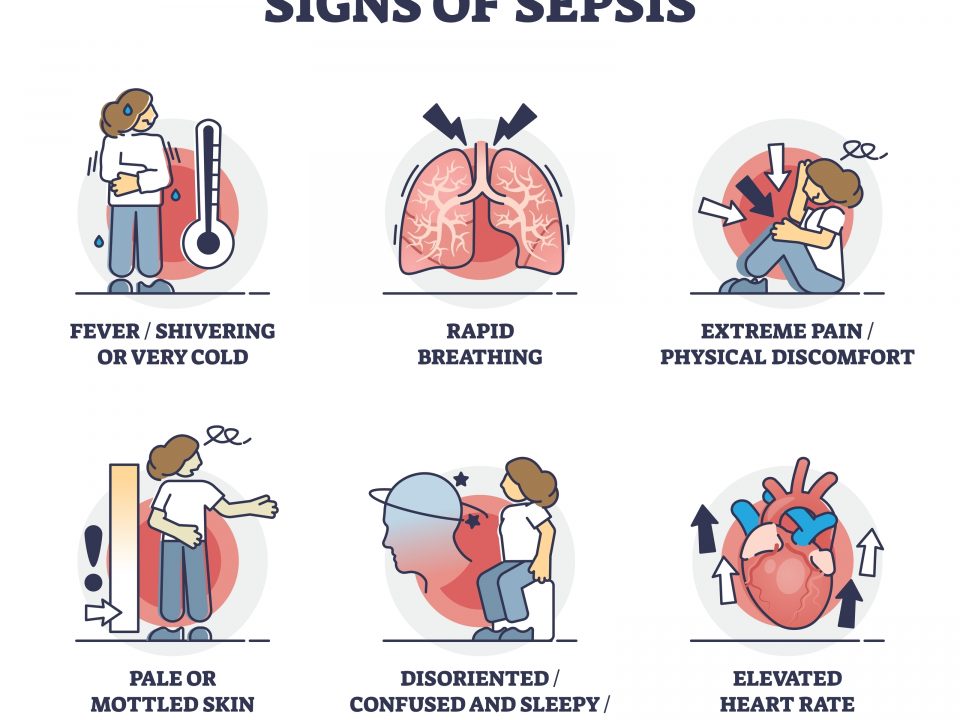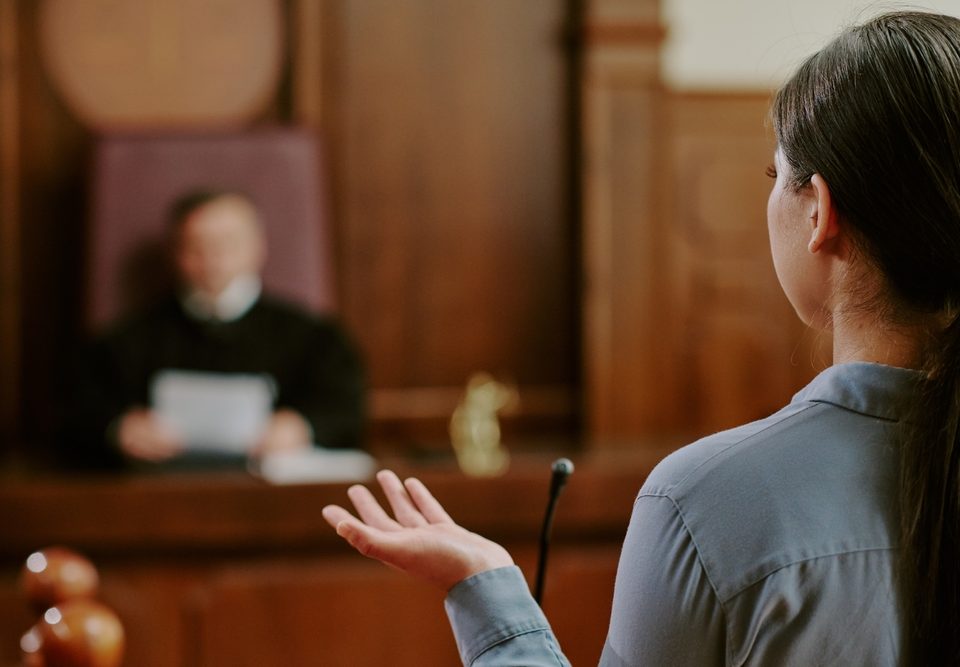
Validity Tests in Expert Evidence: Lessons from Brown v Morgan Sindall
10th October 2025
Surveillance evidence – What are the risks for expert witnesses?
14th November 2025Introduction
The recent Scottish decision in John Good v West Bay Insurance plc [2025] SC AIR 70 shows two constant medico-legal challenges: defining the boundaries of expert competence and maintaining linguistic precision in evidence, particularly when describing payment arrangements. Sheriff Scott Pattison’s judgment provides instructive commentary on both the credibility of technical evidence and the perception of expert independence.
Expert witnesses occupy a critical position at the intersection of law and science. Their opinions can determine liability, causation, and quantum — yet their authority rests not only upon qualifications, but also upon methodological rigour and professional impartiality. In Good v West Bay Insurance plc, Sheriff Pattison’s careful scrutiny of two experts — one medical, one technical — offers practical guidance to all professionals engaged in forensic and medico-legal work.
1. The Defendant’s Expert: When “Forensic Engineering” Outruns Expertise
The defender’s principal witness, Mr Paul Hughes, styled himself as a forensic engineer. He provided a desktop reconstruction of a low-speed impact between a motorcycle and a stationary lorry. Mr Hughes’ experience indicated that he was absolutely certain that the impact could not have caused substantial movement of the lorry or the pursuer.
Under cross-examination, however, Mr Hughes admitted that he was not a qualified engineer, had not inspected either vehicle, and had not considered the speed or physical evidence of the collision. Sheriff Pattison allowed his testimony but found his conclusions of “absolute certainty” unsupported by the evidence, assigning them “minimal weight.”
Citing McGill v Advantage Insurance Co Ltd (2025), the Sheriff observed that the failure to examine the vehicles or incorporate measurable data rendered the report methodologically weak. The opinion was expressed “as though he was the decision-maker,” which risked usurping the judicial function.
The message for experts is unambiguous: experience must be matched by demonstrable expertise and sound method. The Kennedy v Cordia (Services) LLP [2016] UKSC 6 framework remains decisive — an expert must (1) possess relevant expertise, (2) demonstrate a reliable body of knowledge, (3) apply a valid methodology, and (4) provide assistance beyond the judge’s own competence. The “forensic” label carries no evidential magic if the underlying reasoning lacks scientific substance.
2. The Pursuer’s Expert: When a Word Endangers Independence
A different issue arose with the pursuer’s expert, Mr S. Sinha, Consultant Orthopaedic Surgeon. In cross-examination, he was asked how he was paid for his reports. His reply — “No, I think I get paid when cases get settled” — sparked an immediate challenge from the defence, who argued that such a statement implied a contingent fee arrangement, breaching the principle of independence articulated in Marshall v Berkshire Hathaway International Insurance Co Ltd [2024] SAC (Civ) 13.
In Marshall, similar comments had led to exclusion of the expert’s evidence entirely. However, in this case, re-examination clarified that Mr Sinha would be paid irrespective of outcome, had no vested interest, and had simply used “settled” to mean “when cases conclude.” Sheriff Pattison accepted that the expert had been caught off guard and that his independence remained intact.
Even so, the Sheriff noted that “the lack of clarity as to the meaning to be ascribed to ‘settle’” had caused avoidable confusion. This illustrates a broader truth: careless phrasing can jeopardise credibility as readily as actual bias.
Experts should adopt standard, unambiguous expressions regarding remuneration, such as:
“I am paid for my professional time and the preparation of this report irrespective of the outcome of proceedings.”
Such precision both reflects professional ethics and insulates against hostile inference during cross-examination.
3. Key Takeaways for Medico-Legal Experts
- Stay within demonstrable expertise. Courts increasingly scrutinise the technical foundation of opinion evidence; qualifications alone are insufficient.
- Avoid over-certainty. Express opinions in probabilistic, not absolute, terms unless supported by empirical data.
- Clarify payment terms. Avoid phrases implying contingency or success-based remuneration.
- Prepare for cross-examination. Anticipate challenges to independence and methodology; clarity and consistency under pressure reinforce credibility.
Conclusion
John Good v West Bay Insurance plc stands as a dual cautionary tale: one of overstated expertise, and another of imprecise language. Mr Hughes’s evidence failed not because of bias but because confidence outpaced competence. Mr Sinha’s evidence nearly faltered not for lack of skill but for a moment’s ambiguity about payment. Both episodes affirm that the strength of expert testimony lies as much in clarity and discipline of expression as in professional knowledge. For medico-legal practitioners, linguistic precision is not pedantry — it is part of the evidence itself.




